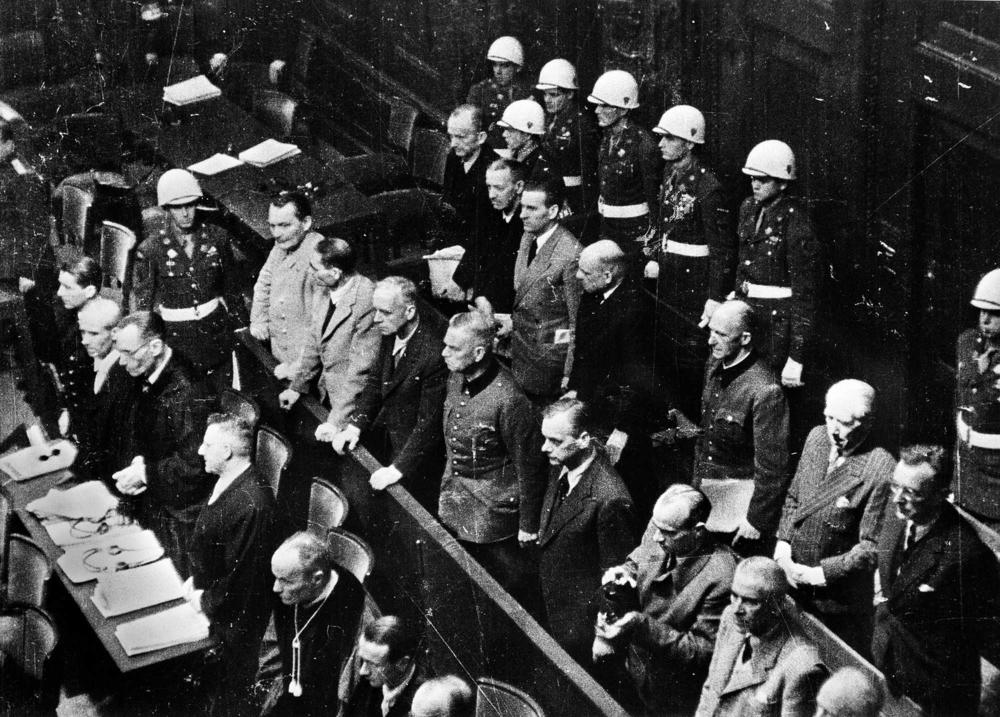Taking the Obligation to Pursue Justice and Accountability Seriously
Eighty Years after the End of World War Two
The Nuremberg trials began on November 20, 1945 – a good six months after the end of World War II. This international tribunal sought to bring some of the main perpetrators of war crimes and crimes against humanity to justice. The trials are widely considered a catalyst for the development of international criminal law as we know it today. They are also seen as the basis for transitional justice – dealing with a past marked by conflict and violent rule – becoming an international standard. Almost every peace agreement contains provisions that stipulate the need to establish the truth, i.e., the need to generate knowledge surrounding the conflict and to address the conflict and its perpetrators in a judiciary setting.
The aim is to hold those responsible for human rights violations accountable and offer redress, for example, through financial compensation or other forms of reparations. In the German context, dealing with the past and supporting processes of transitional justice are key aspects of the country’s foreign, security, and development policy.
German major war criminals at the verdict of the Nuremberg Trials, October 1, 1946. Pictured in the front and back rows are leading Nazi officials, among them Hermann Göring, Rudolf Hess, and Karl Dönitz.
Image Credit: Picture Alliance / Deutsche Fotothek
For example, in the interministerial strategy that outlines the policy, Germany refers to its own multilayered experiences in dealing with the past. It would seem that this normative direction may currently be at risk of being sacrificed over domestic political conflicts and attempts at jockeying for political clout. However, learning from the past means that we need to continue to take our commitment to international criminal justice seriously. It also means that those who are responsible for committing war crimes must be held accountable.
Dr. Mariam Salehi is the research group leader of “Transnational Conflicts” at the Center for Interdisciplinary Peace and Conflict Research, Freie Universität Berlin.Further Information
This article is part of the series ‘How do wars finally come to an end?’. You can read it here in German.


